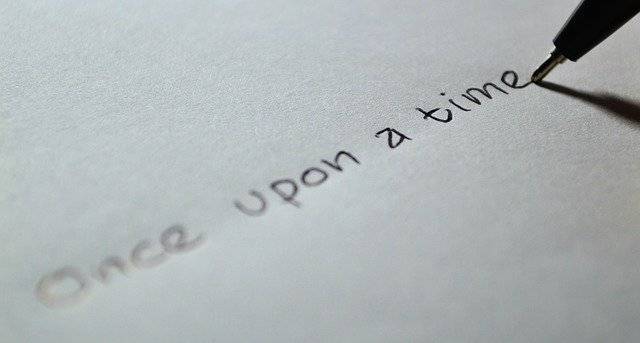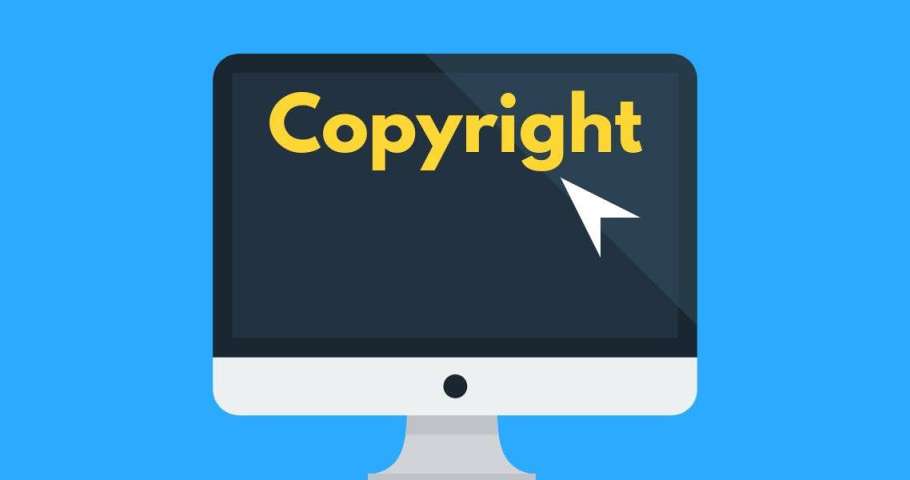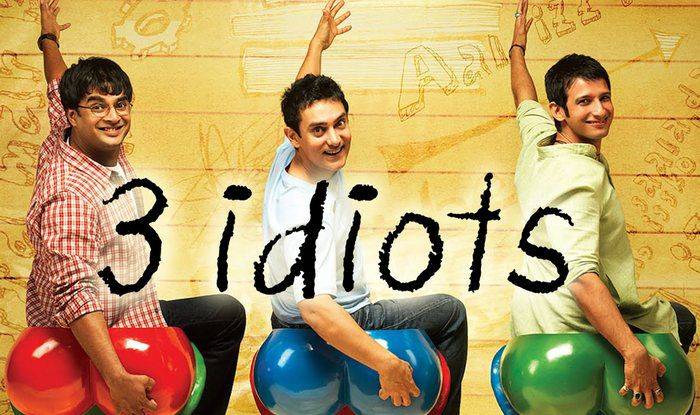Ilaiyaraja Threatens Legal Action for Non-Payment of Royalties, Fan’s Facebook Account Reactivated After BCCI Copyright Row, Another PIL Filed Against Kedarnath for Hurting ‘Hindu Sentiments’, Qatar Requests WTO Proceedings Against Saudi Arabia’s IP Violations, Gayle Awarded AUD 300,000 In Defamation Claim Against Fairfax Media, Russian IP Courts Set to Use First Intellectual Property Blockchain, Fox News Wins Copyright Suit Against Monitoring Service TVEyes, Clothing Brand Fashion Nova Slapped with Copyright Infringement Suit, Etsy and Seller Sued for Copyright Violation, Netflix…






